As different as they may seem, your nervous system and skin are highly interconnected. That means that anything that sets off your nervous system has the potential to affect your skin in positive and negative ways. Consequently, stress can cause breakouts or make any skin conditions, like rosacea or psoriasis, worse. Good skin care is a must, but when it’s combined with stress management and an understanding of the importance of relaxation, your skin’s natural beauty can shine.
What does stress do to your skin?
The relationship between your skin and nervous system starts in the embryo, with these two systems developing side by side. That close relationship remains throughout your life. Several studies have shown a relationship between psychological disorders, such as anxiety and depression, and skin conditions.
Consequently, your emotional state affects your skin, even if you don’t have a skin disorder. For many people, the close relationship between psychological health and skin shows up in acne and breakouts. However, stress can hurt your skin in more than one way. Stress reduces your immune system response and increases inflammation, both of which can change the health of your skin.
You need a good skincare routine to keep your skin healthy and glowing. You also need strong stress management skills to keep stress from overpowering the gentle care you give your skin. Keep in mind that stress is a natural part of life that will never be completely gone. Instead, you can develop healthy coping skills to keep stress from negatively impacting your physical and emotional health.
How to relax your way to better skin:
Go to bed
Sleep is far more than a luxury. It’s a biological necessity that keeps your organs (including the skin) functioning properly. Your immune system uses sleep time to recharge and go on the attack, making sleep an imperative part of healing and fighting off infection.
Adults need seven to nine hours of sleep on average. You can strengthen your sleep patterns (and get better sleep) by keeping a regular schedule of going to bed and waking up at the same time every day.
Hit the yoga mat
Yoga has a long history of improving mental and physical health. Yoga develops mental awareness, physical strength, emotional sensitivity, and improves mood. A 2020 systematic review of 12 studies on yoga and stress found that almost all forms of yoga improved stress management.
It doesn’t take much yoga to reap the stress-relieving benefits. As little as 10 to 15 minutes a day can help you refocus your thoughts, stretch your muscles, and get rid of built-up tension. You can use yoga apps, YouTube videos, or take a class to help teach you the basics.

Take up meditation
Meditation is a simple way to calm your mind and body when stress builds. For example, mindfulness meditation has been used by cancer patients to reduce stress during and after treatment. Meditation can also boost your immune system when done regularly.
Like yoga, it doesn’t take long hours of meditation to see the benefits. It does, however, take regular practice to become adept at focusing your mind in the present moment. Practicing meditation for 10 to 15 minutes a day can help you refocus your thoughts and reduce stress and anxiety.
Exercise
Physical activity releases endorphins and helps release the physical stress that can build in your body. Be consistent. The Centers for Disease Control and Prevention recommend at least 150 minutes of moderate exercise each week for health and weight management (not weight loss). Walking, running, biking, swimming, and weightlifting are excellent ways to get your heart rate up.

Keep a journal
Writing in a journal helps organize thoughts. Sometimes it’s a matter of getting the stressful thoughts out of your head and onto paper. Other times, writing can help you look at stressful events and feelings from a different perspective.

Use skincare to relax and pamper
Part of stress management is decompressing from the stress of the day. Most people forget to make time to not think about anything and just let themselves experience the moment. Your daily skincare routine is an excellent time to pamper yourself and let your mind wander. A relaxing skincare routine can include:
The Takeaway
Relaxation might seem like a luxury, but it’s truly a necessity for your physical and mental health. Your skin can only be at its best when you’re taking care of all of yourself with healthy stress management.





